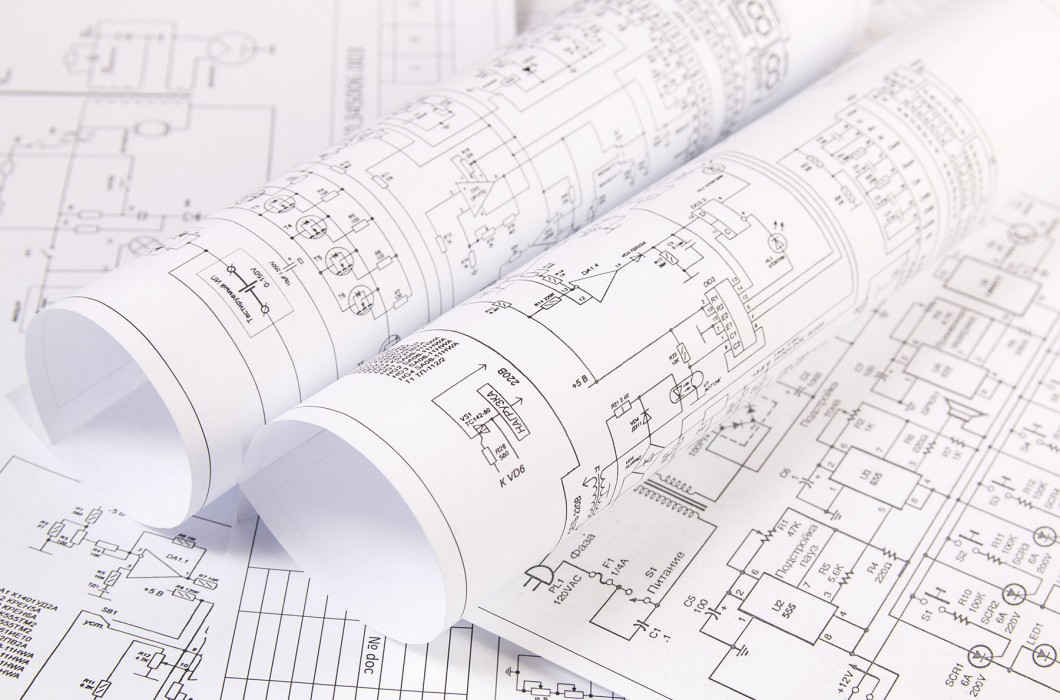client
Institut de la Francophonie pour le développement durable (IFDD)
project description
In 2009, heads of WAEMU member countries decided to implement the Regional Initiative for Sustainable Energy (IRED), which aims primarily to promote sustainable energy to address energy shortages in the sub-region. As part of the assignment and with funding from the REEEP, the IOF – through its subsidiary body: the Institut de la Francophonie pour le développement durable (IFDD) – and the WAEMU, Econoler was asked to implement a regional energy labelling scheme for lamps and appliances for the 2011-2017 period.
Given the success of that first initiative, Econoler, in partnership with the IFDD, proposed to the REEEP and the WAEMU a second regional project, this time aimed at developing an energy efficiency (EE) Code for new buildings within the eight member countries. In 2013, both the REEEP and the WAEMU agreed to financially support this large-scale new project in West Africa.
highlights
- Conduct comprehensive surveys on energy consumption in residential, institutional and commercial buildings within the eight WAEMU member countries.
- Identify EE barriers and opportunities for improvement in buildings.
- Assess institutional frameworks in place in the countries to implement the Code.
- Carry out parametrical simulations to identify optimal criteria in buildings design and assessing their financial viability.
- Develop the regional EE Building Code model for new buildings based on surveys, technical analysis and consultations.
- Assist the WAEMU developing regional directives on EE in buildings.
- Prepare a compliance assessment guide for national control agencies.
- Hold and conduct regional workshops and training sessions for project leaders from the WAEMU member countries.
- Provide national training, awareness and implementation workshops for public agencies and other key actors from the industry.
- Prepare technical tools kits to help construction professionals comply with the requirements of the Code.
- Identify and design training programs for public agencies and construction industry professionals.
- Support the IFDD in implementing a public awareness campaign on use and potential benefits of the Code.
- Support the WAEMU in assessing, selecting and training regional test laboratories and provide technical assistance for the purchase of equipment for building materials testing.
Once adopted, the regional EE Code model will enable a sustainable reduction of energy consumption and greenhouse gas (GHG) emissions within the building sector of the WAEMU member countries, allowing them to address the many energy supply issues they are facing.



